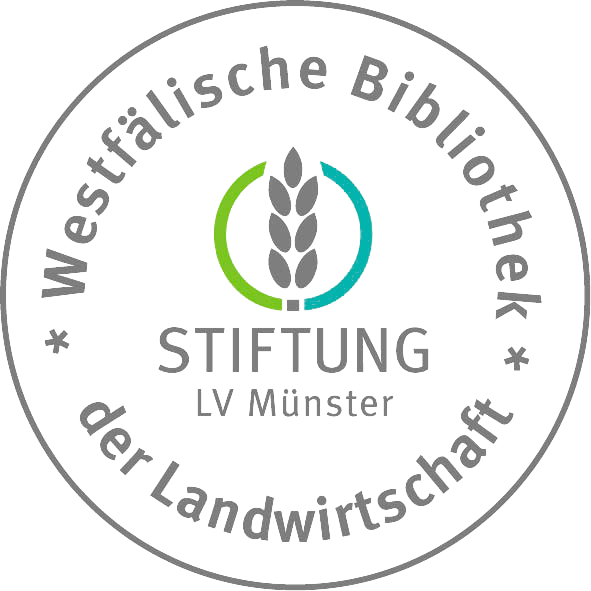The agricultural publishing house in Münster-Hiltrup
A chronicle in decades 1946 to today

1940s
1946: The first "Landwirtschaftliches Wochenblatt für Westfalen und Lippe" is published on April 20, 1946. It follows on from the old “Landwirtschaftliche Zeitung für die preußische Provinz Westfalen”, founded in 1844, which had to cease publication in 1933. In 1946, the British military government granted the necessary license to the three farmers Franz Luster-Haggeney, Hermann Sültemeier and Ludwig Weddige. The three publishers found the Landwirtschaftsverlag (LV).
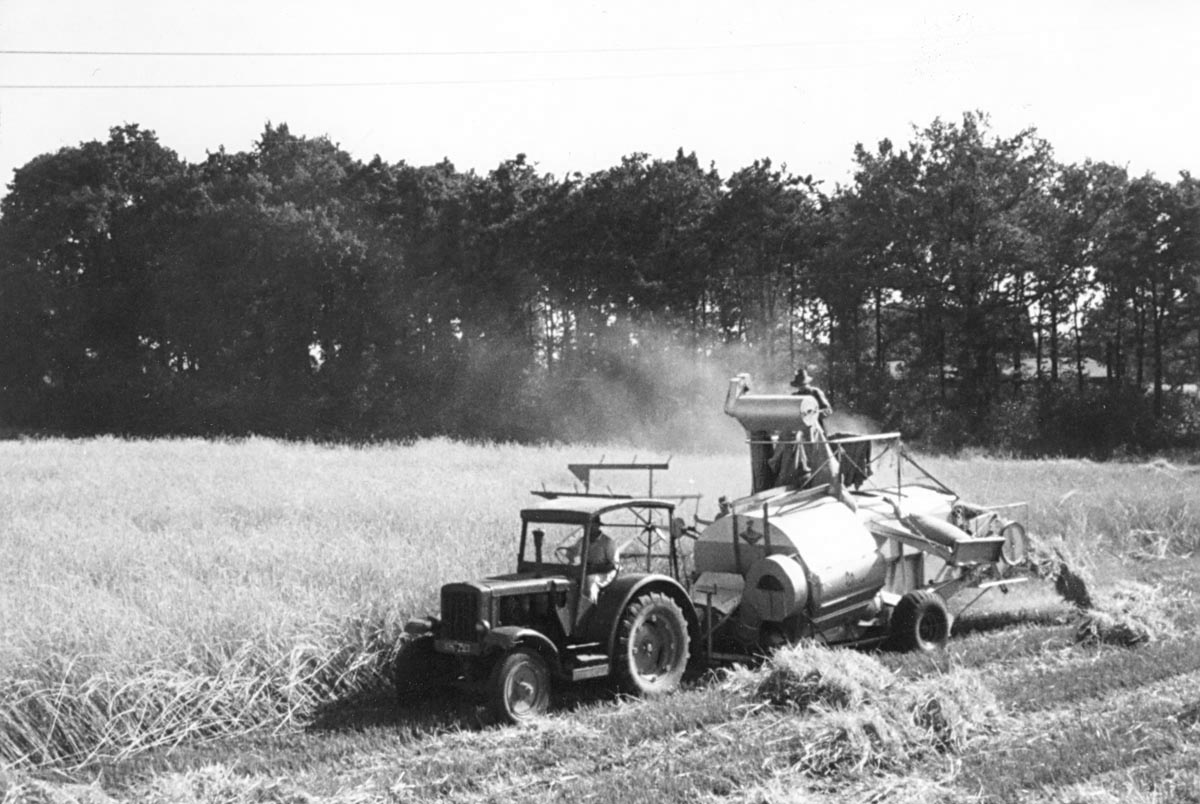
1940s
1946-1950: LV initially works in the premises of a disused distillery in Steinhagen. In 1948, the publishing house moves into a former villa in Hiltrup, then an independent municipality south of Münster. In the same year, the publishing house publishes its first book entitled “Die westfälisch-lippische Landwirtschaft in der Nachkriegszeit”. In 1949, the publishing house publishes the first “Westfälischer Bauernkalender”, which is published until 1974.
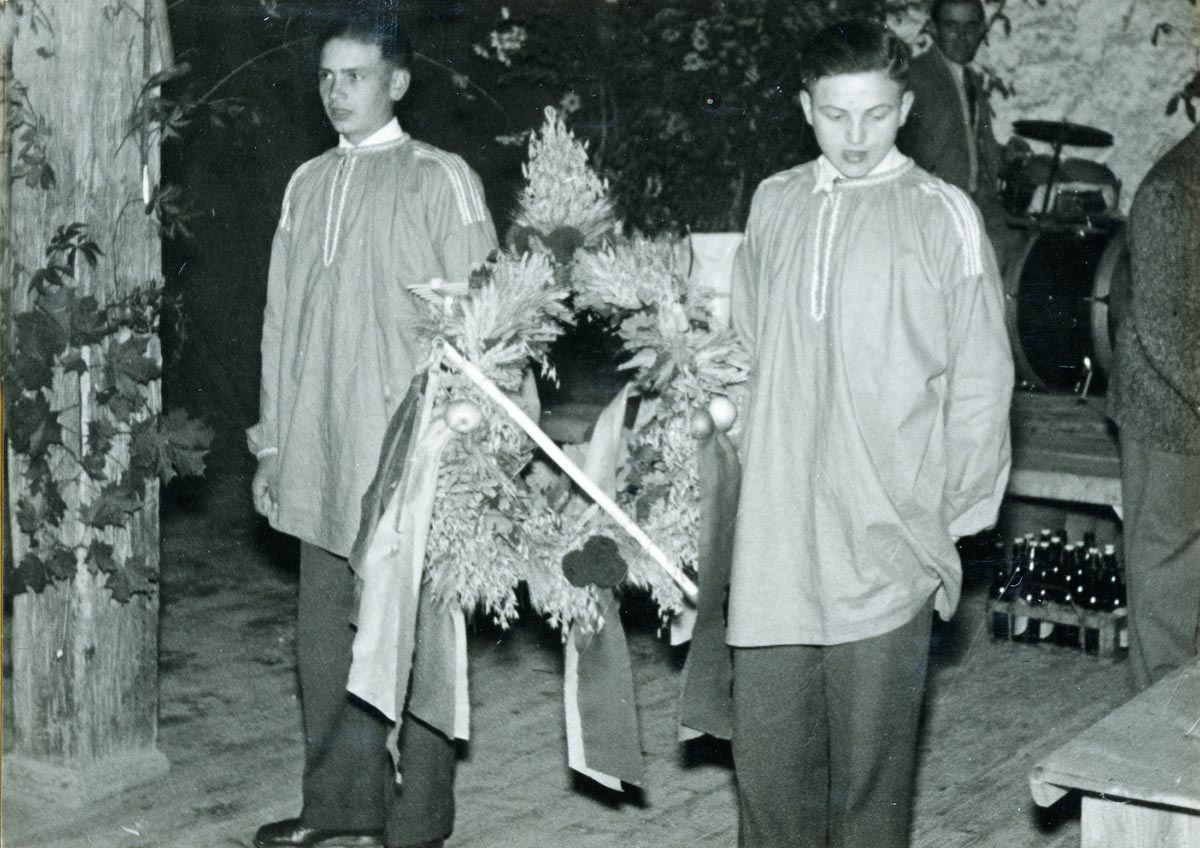
1950s
1950-1960: The circulation and advertising volume of the weekly increases and the publishing house successfully publishes more and more specialist books on agriculture and forestry. In 1951, the “Taschenbuch des Pflanzenarztes” (Plant Doctor's Pocketbook) is published for the first time and is updated annually until the 1990s. Hiltrup also publishes official government publications such as the reports of the Scientific Advisory Council to the Federal Ministry of Food, Agriculture and Forestry and the “Statistical Yearbook of Food, Agriculture and Forestry”.
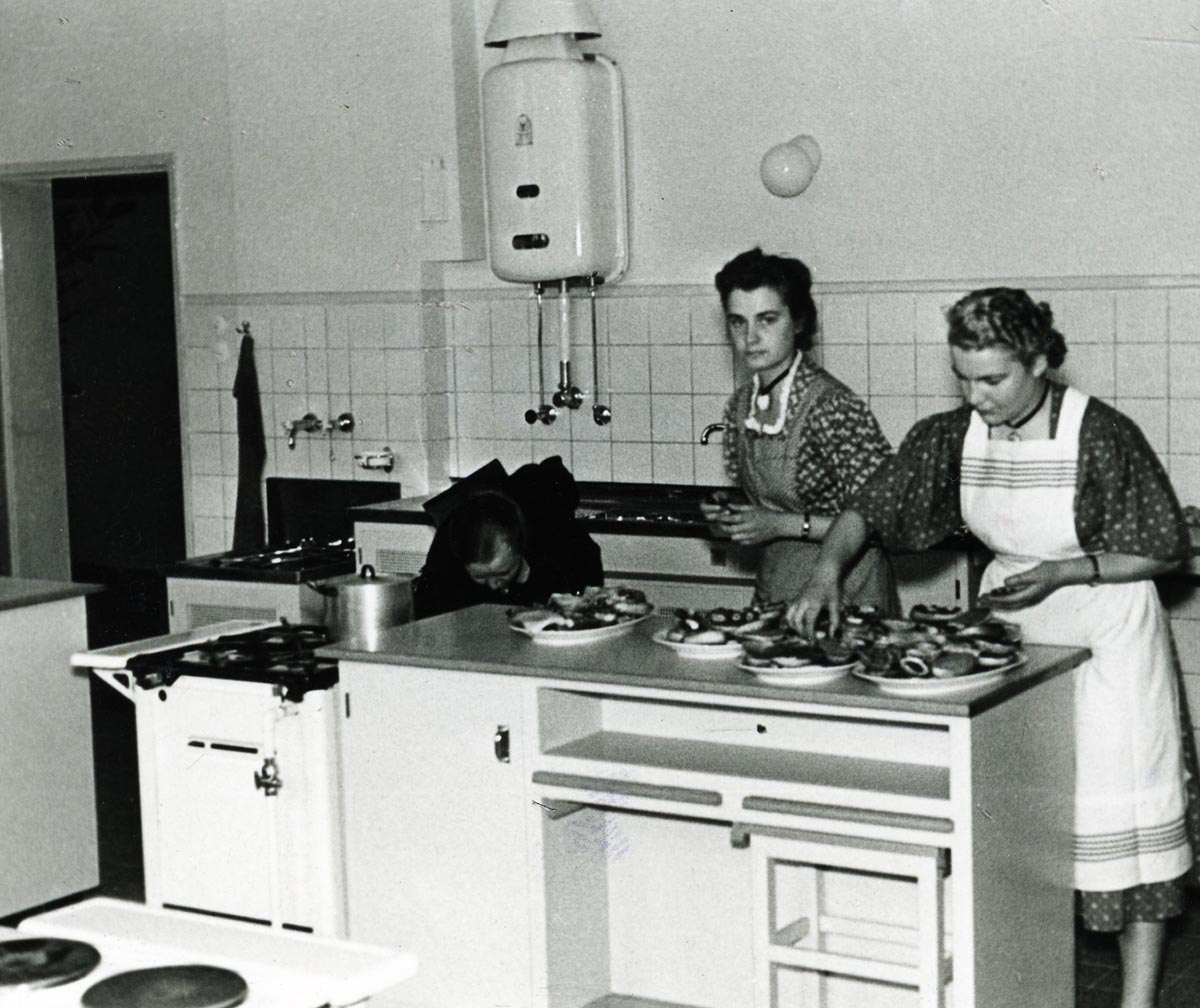
1960s
1960-1970: The weekly newspaper has a circulation of around 65,500 copies. The book publishing house continues to grow. Publications of the semi-official “Land- und Hauswirtschaftlichen Auswertungs- und Informationsdienst” (Agricultural and Domestic Evaluation and Information Service) appear in the LV. Several editions of a reference work on “Research institutes of agriculture, forestry and the food industry in the Federal Republic of Germany”, which was widely distributed at the time, are also published.
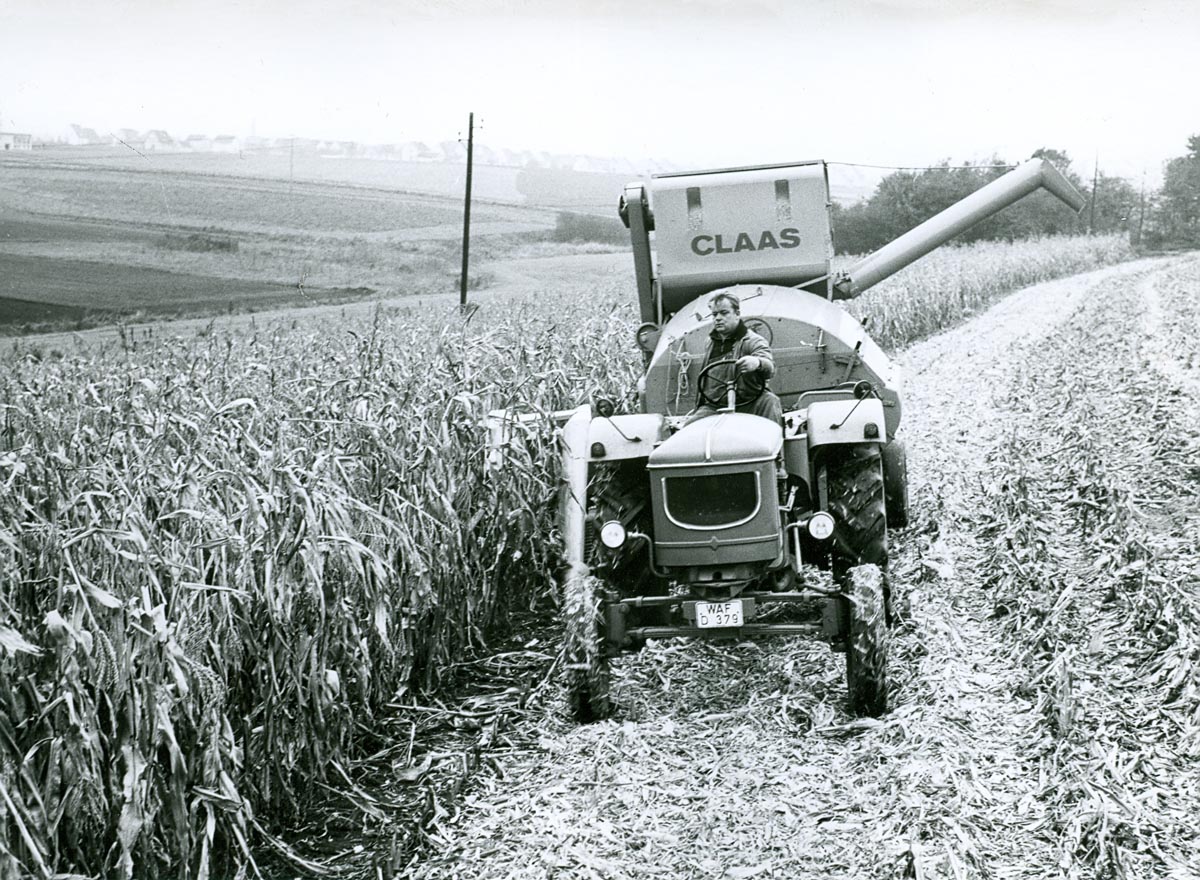
1970s
1970-1980: The LV expands: the nationwide trade magazine "top agrar" is launched in 1972, followed by "Reiter und Pferde in Westfalen" in 1976 and "Deutsche Schwarzbunte" a year later. The publications of the “Kuratorium für Technik und Bauwesen in der Landwirtschaft” (KTBL) are also added to the publishing program. The “KTBL-Taschenbuch” alone, with data from agriculture and construction practice, reaches a circulation of more than 100,000 copies by the early 1980s.
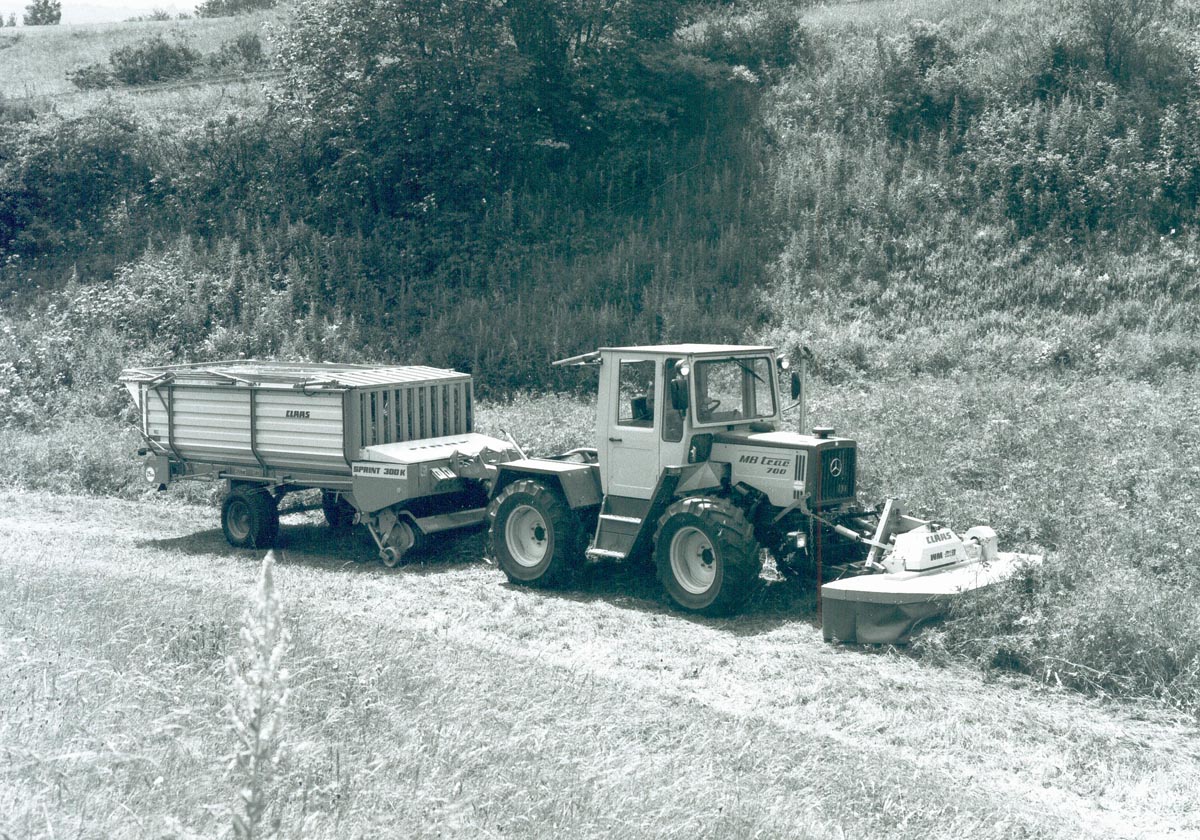
1980s
1980-1990: In 1980, the LV takes over Bonn-based "Landschriftenverlag GmbH". Together with the German Agricultural Society (DLG), Max-Eyth-Verlagsgesellschaft mbH is founded in Frankfurt in 1989, where the “DLG-Mitteilungen” are published. The “Rheinisch-Westfälischer Jäger” has also been part of the publishing program since 1987. And in November 1989, the first issue of the agricultural technology magazine “profi” is published.
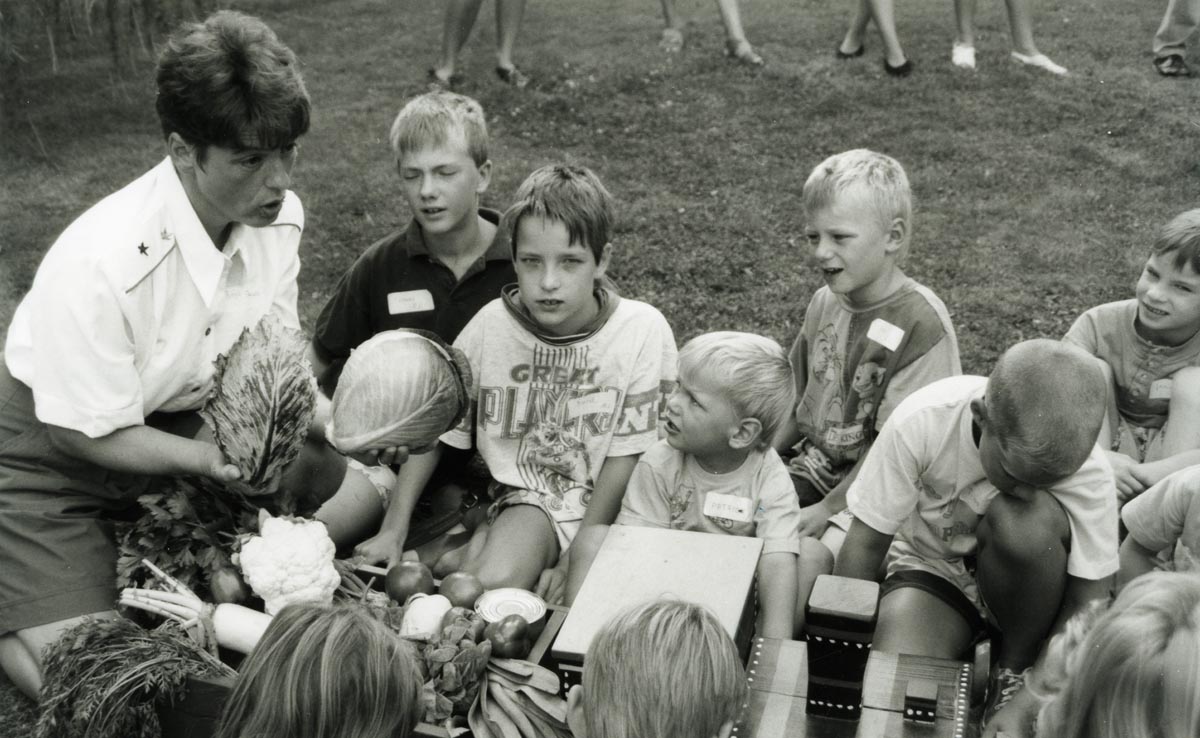
1990s
1990-2000: After the fall of the Berlin Wall in 1991, the LV takes a stake in Deutscher Bauernverlag in Berlin (today: dbv network), which publishes the "Bauernzeitung" in the East German federal states. Two years later, the LV establishes the Polish agricultural publishing house “Polskie Wydawnictwo Rolnicze” in Poznan, which launches “top agrar polska” in 1994. The company also expands to the south: “top agrar Österreich” follows in 1996. In Germany, the LV takes over the magazine “SUS - Schweinezucht und Schweinemast” (1992) and the “Fleischrinder Journal” (1994). In 1997, “Hof Direkt”, the magazine for direct marketers, is launched and LV acquires a stake in Agrar Verlag Allgäu (1996), which publishes the “Allgäuer Bauernblatt”.
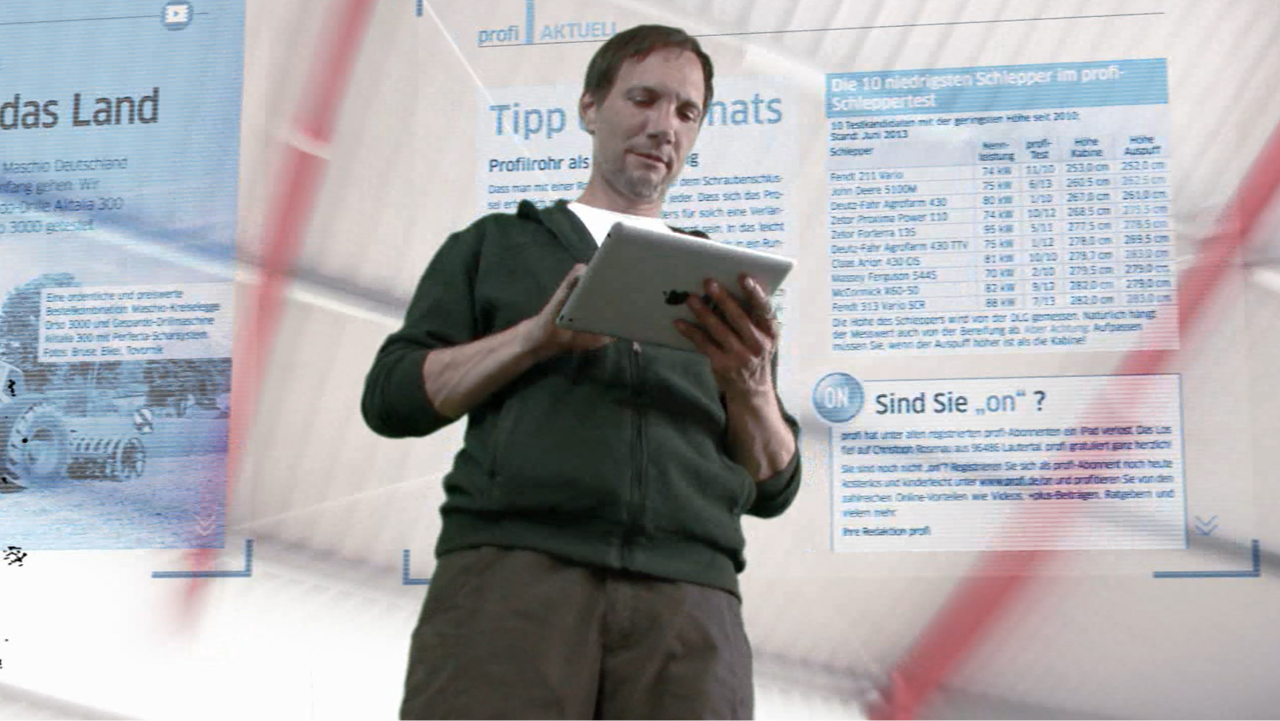
2000s
2000-2010: LV goes digital: In 2000, the internet address and product finder "agripool.de" and the used machinery exchange "traktorpool" are launched. Around 10 years later, “rimondo”, the interactive platform for equestrian sports and horse breeding, is added as a second major platform. But the traditional magazine business is also further expanded: in 2003, LV founds “Elite”, a special magazine for milk producers. And in 2005, the success story of “Landlust” began. By 2010, the circulation had risen to more than 700,000 copies. Two years later, there are already one million copies per issue. This is another reason why LV is now one of the 100 largest media companies in Germany.
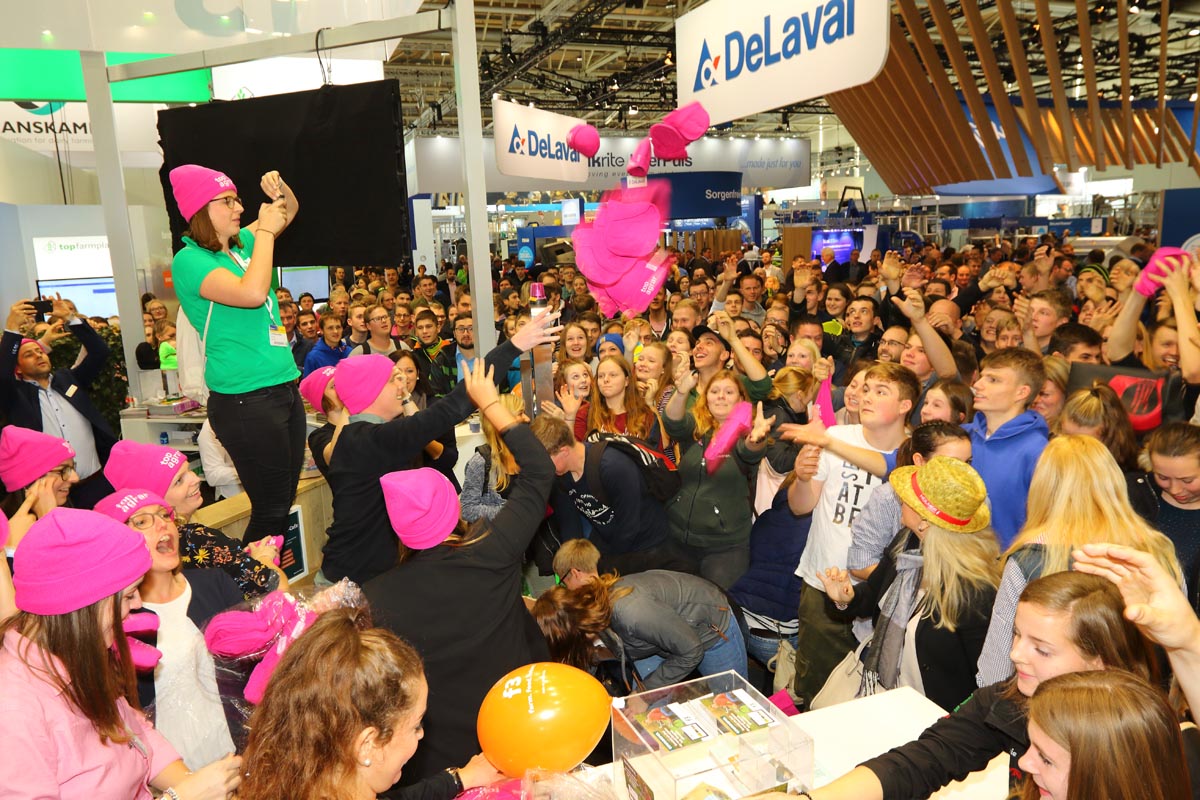
2010s
2010-2020: The platforms traktorpool and rimondo are spun off into "LV digital GmbH" in 2014 and expanded to include "baupool" and the vacation exchange "landreise". The magazines “einfach hausgemacht” (2013) and ‘Stark’ (2016) are launched, as is the network “f3 - farm.food.future” (2018), which brings together start-ups from the agricultural and food industry with investors and other interested parties. In 2015, LV acquires “Lebensmittel Praxis-Verlag” with its subsidiaries in Vienna and Warsaw. “BUNTEKUH Medien”, LV's corporate publishing activities, are also docked there. In 2016, LV founded Deutsche Medien-Manufaktur (DMM) with the publishing house Gruner + Jahr (Hamburg), which publishes “Landlust”, among others. With the acquisition of the Dutch company AgriDirect BV and its German subsidiary AgriDirect Deutschland GmbH (2020), LV expands its direct marketing and market research activities.
